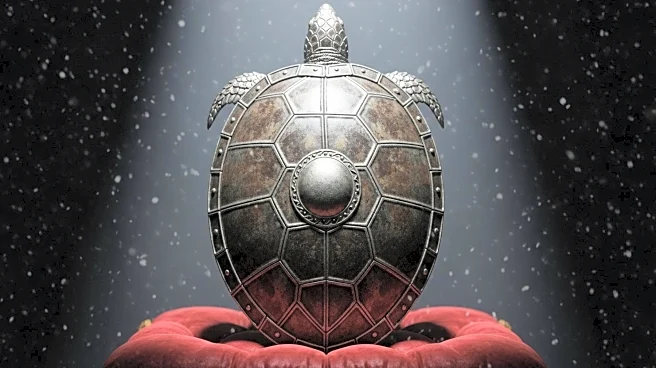What's Happening?
Blizzard Entertainment has filed a copyright infringement lawsuit against the operators of Turtle WoW, a rogue server for the popular MMORPG World of Warcraft. The lawsuit accuses Turtle WoW of large-scale and ongoing infringement of Blizzard's intellectual property, including the unauthorized use of artwork and iconography. Turtle WoW has reportedly induced hundreds of thousands of users to breach contracts with Blizzard, while profiting from user donations. Blizzard claims that the server's actions undermine its efforts to deliver community-driven content and harm the gaming experience for players.
Why It's Important?
The lawsuit highlights the ongoing battle between major gaming companies and rogue servers that exploit popular games for profit. Blizzard's action against Turtle WoW underscores the importance of protecting intellectual property rights in the gaming industry. The outcome of this legal battle could set a precedent for how companies address unauthorized use of their content. It also raises questions about the balance between fan-driven projects and corporate control over game experiences. The case could impact the future of community-driven gaming initiatives and the legal boundaries of fan-created content.
What's Next?
Blizzard is seeking the complete shutdown of Turtle WoW, along with statutory damages and the relinquishment of the server's domain. The operators of Turtle WoW have expressed their readiness to face the legal challenges, indicating a potential prolonged legal battle. The gaming community is closely watching the developments, as the case could influence the accessibility and legality of similar rogue servers. Players have already begun discussing alternative ways to access Turtle WoW, such as using VPNs, which could complicate enforcement efforts.
Beyond the Headlines
The lawsuit against Turtle WoW raises ethical questions about the rights of fans to recreate and modify gaming experiences. It also highlights the cultural impact of fan-driven projects and their role in preserving gaming history. The case may prompt discussions about the need for clearer guidelines and agreements between gaming companies and fan communities to foster creativity while respecting intellectual property rights.








